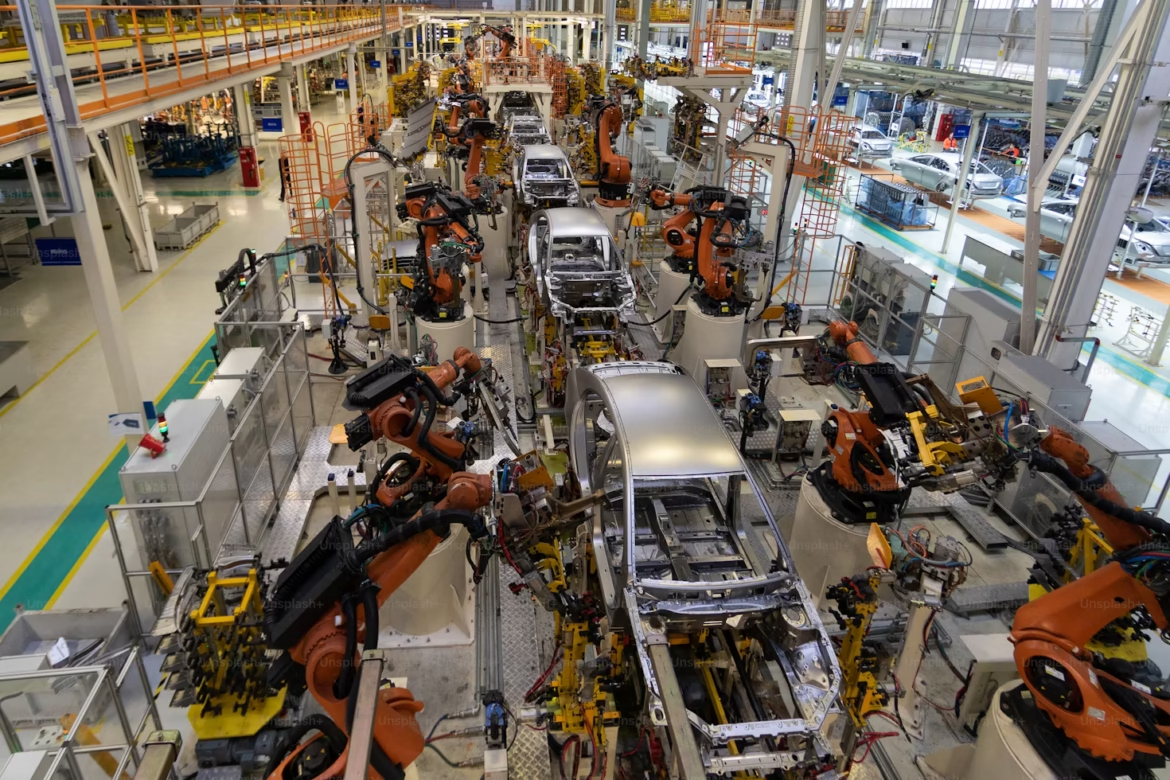American manufacturers are grappling with rising supply costs, as fresh tariffs and the potential for further trade restrictions drive up prices for key materials. The uncertainty surrounding U.S. trade policy is sparking inflation concerns, production slowdowns, and broader economic risks, putting additional pressure on an already struggling sector.
Material Costs Surge Amid Trade Policy Shifts
According to recent manufacturing reports, the price index for raw materials has surged in the past month, with some of the steepest increases seen in steel, aluminum, and semiconductor components. Industry leaders say the jump in costs is tied to new tariffs on foreign imports and fears that additional trade barriers could be imposed in the coming months.
These price hikes come as the manufacturing sector continues to recover from post-pandemic supply chain disruptions. Many companies rely on global suppliers for essential materials, and the added costs from tariffs are making imports more expensive and difficult to secure.
“The unpredictability in trade policy is making it harder for manufacturers to plan ahead,” said an industry executive. “Businesses are facing higher input costs, and that will inevitably affect production and consumer prices.”
Biden Administration Defends Tariff Strategy
The Biden administration has stood by its tariff policies, arguing that they are necessary to protect domestic industries from unfair foreign competition. Officials claim that the measures will help strengthen American manufacturing in the long run by reducing reliance on overseas suppliers and encouraging domestic production.
However, manufacturers warn that the immediate consequences could be severe. Small and mid-sized businesses, in particular, are feeling the strain, with many reporting that they may need to pass higher costs onto customers or cut back on operations to stay afloat. While larger corporations with diversified supply chains may be better equipped to weather the storm, many remain concerned about the long-term impact of rising material prices.
Economic Risks and Calls for Policy Adjustments
Economists caution that continued tariff-related cost increases could fuel inflation, putting pressure on both businesses and consumers. If inflationary pressures mount, economic growth could slow further, raising the stakes for policymakers.
Some lawmakers are pushing for negotiations to ease trade tensions, arguing that a more strategic approach to tariffs is needed to balance economic protection with business sustainability.
As the manufacturing sector navigates an increasingly uncertain landscape, industry leaders are urging policymakers to seek solutions that ensure stability without undermining competitiveness. The coming months will be critical in determining whether tariff policies are adjusted or whether businesses will be forced to absorb even greater financial strain—a decision that could have ripple effects across the entire economy.


